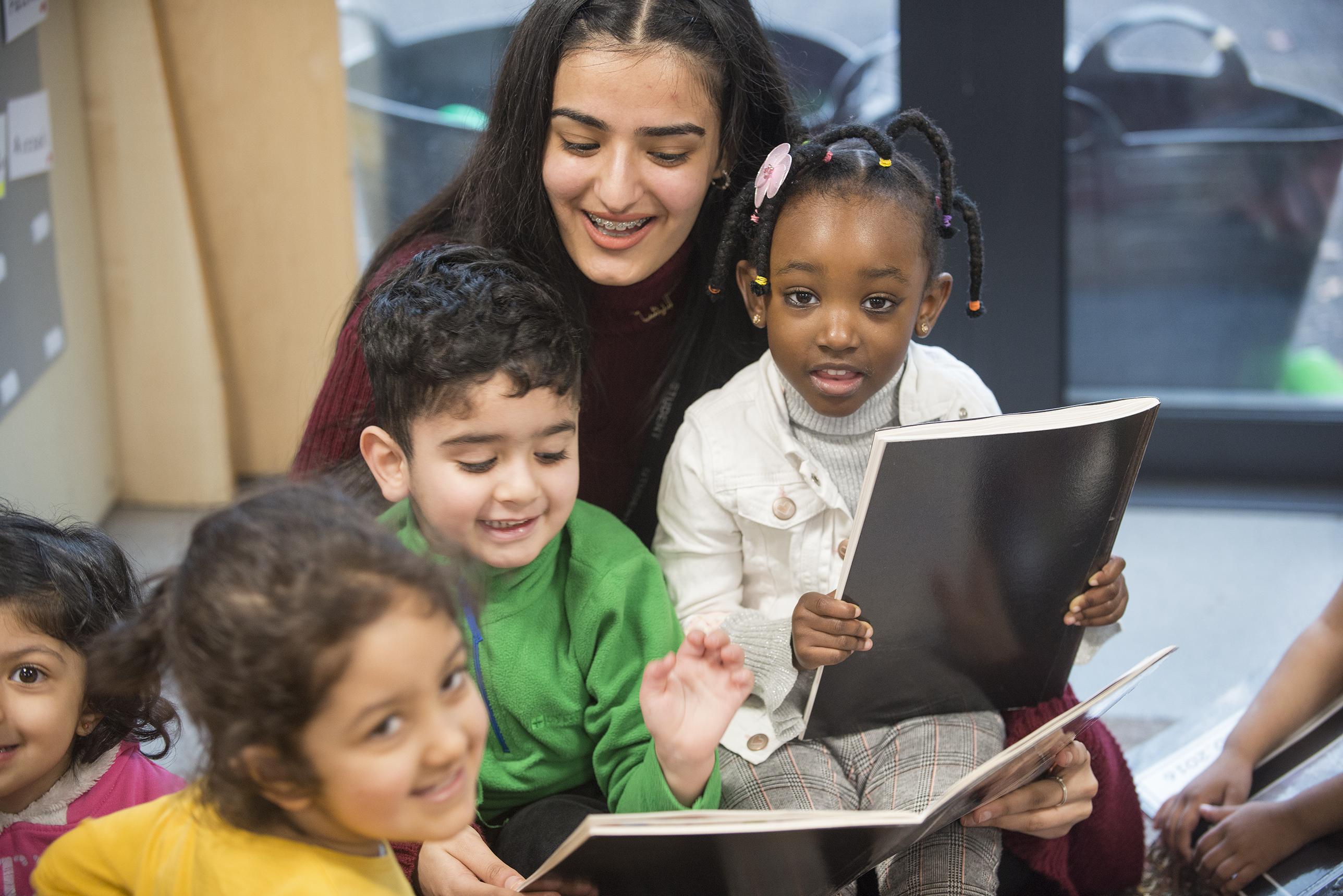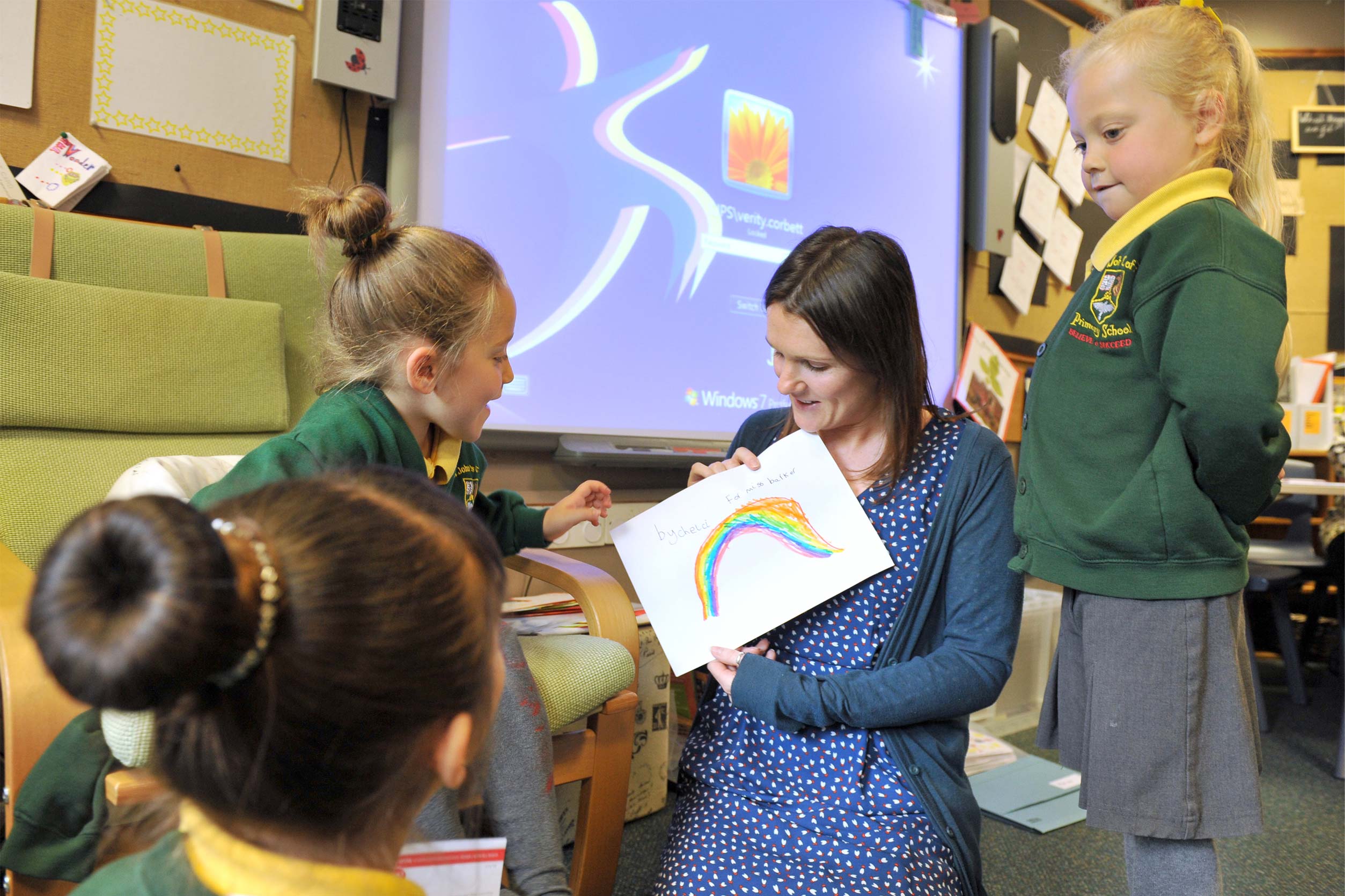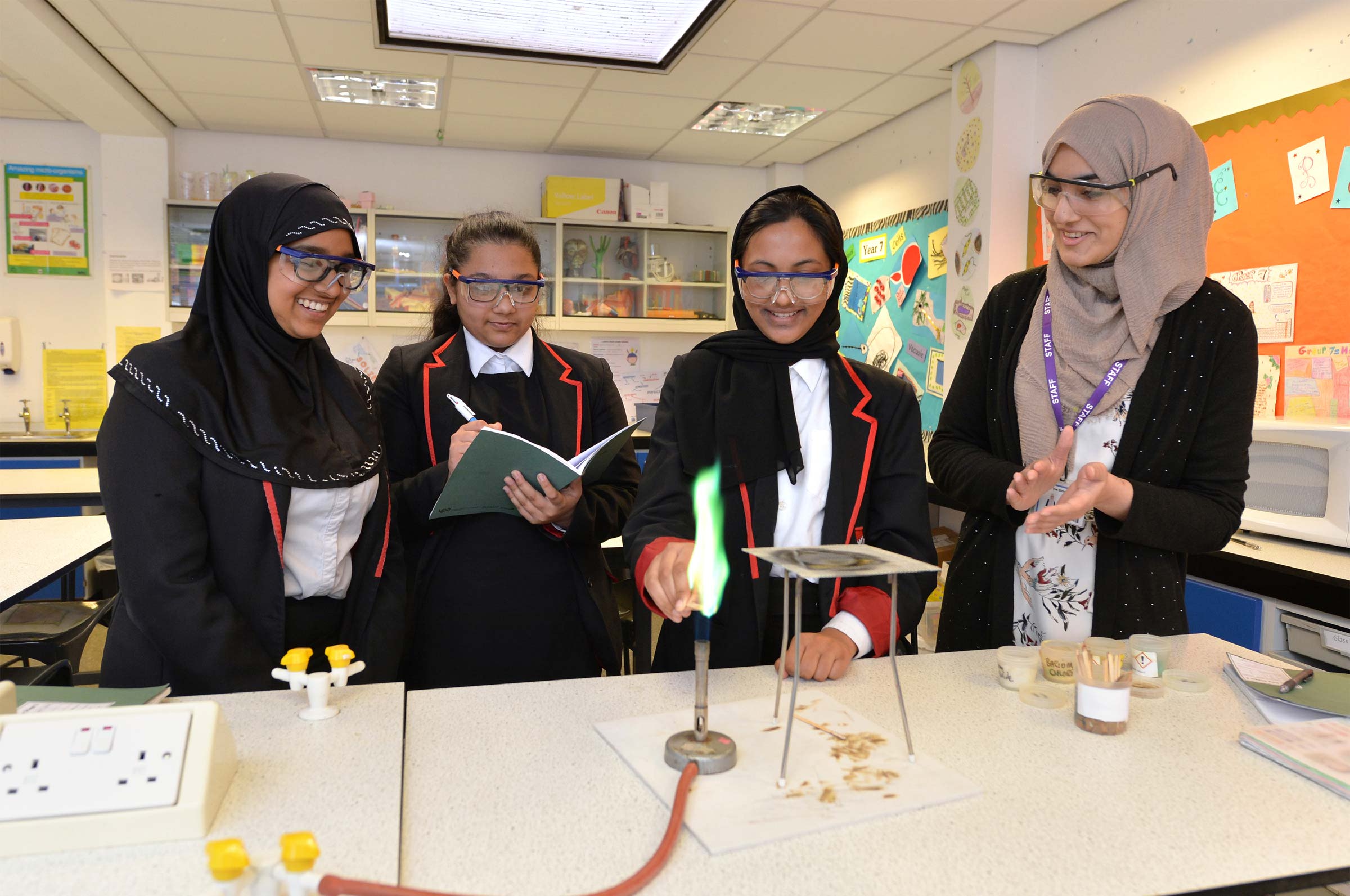15-18 MONTHS
This is a 15-18 month training programme, with real life experience working as part of a team with children 0-5.
EY EDUCATOR L3 DIPLOMA
Upon completion of this course, you will gain Level 3 Diploma.
other certificates
You will also have the opportunity to gain further qualifications.
FACE-TO-FACE TRAINING
This course will have at least 1 day a week of face-to-face training.
ASSESSMENT METHOD
The course will be marked based on the submission of a portfolio and in-person observations.
fun and rewarding
A job working with children is great! You will help children learn and grow.
The Job Role
Highly trained professionals who play a key role in ensuring that young children learn and develop well and are kept healthy and safe.
It is also known as:
- Childminder assistant
- Early years educator
- Early years worker
- Nursery educator
- Nursery nurse
- Nursery worker
The Skills You Will Learn
- Recognise when a child or a colleague is in danger or at risk of abuse and act to protect them in line with safeguarding policy and procedure.
- Apply legislation, policy and procedure to protect the health, safety and wellbeing of children in the setting (for example, food safety, diets, starting solid food, allergies, COSHH, and accidents, injuries, and emergencies).
- Apply the principles of risk assessment and risk management within documentation and practice.
- Teach children to develop skills to manage risk and maintain their own and others safety.
- Use a range of communication methods, including technology, with other professionals to meet the individual needs of the child.
- Develop and maintain effective professional, collaborative relationships with others involved in the education and care of the child.
- Undertake the role and responsibilities of key person.
- Recognise and apply theories of attachment to develop effective relationships with children.
- Provide sensitive and respectful personal care for children from birth to 5 years.
- Advocate for all children’s needs, including children which require SEND or EAL support.
- Promote and facilitate children’s interpersonal communication to develop their social interactions and relationships.
- Support children to develop a positive sense of their own identity and culture.
- Support children to understand and respond to their emotions and make considered choices about their behaviours.
(Read more information provided by gov.uk, here).
Core Modules
This apprenticeship will cover 5 different Core Modules over the course of 15-18 months. As the course is a rolling programme, you can start your apprenticeship journey at any of our entry points throughout the year. This means that your entry point may be at the start of any of our core modules, but all of the units will be covered throughout the duration of your course.
Core Module 1 - How Children Learn
Unit 1 - Child Development
How children learn and develop from conception to age 7; physiologically, neurologically, biologically, psychologically, cognitively, emotionally, and socially. Including the interaction and impact of biological and environmental factors.
How children experience change, transition, and significant events.
Unit 2 - Theories of Development
Theories and significance of attachments.
The development of social skills and maintaining relationships.
How children learn and develop from conception to age 7; physiologically, neurologically, biologically, psychologically, cognitively, emotionally, and socially. Including the interaction and impact of biological and environmental factors.
How the organisation's approach and values underpin the environment.
The Theories of Play and its fundamental role in learning & development.
How to create experiences and opportunities for children informed by the setting's curriculum and pedagogy.
Unit 3 - Play & Enabling environments
The elements and characteristics of a wide range of enabling environments.
How the design, resourcing, and use of the indoor and outdoor physical environment supports children’s learning and development.
The Theories of Play and its fundamental role in learning & development.
How children develop characteristics for effective learning.
How the organisations approach and values underpin the environment.
How to create experiences and opportunities for children informed by the setting's curriculum and pedagogy.
Core Module 2 - Statutory Requirements
Unit 4 - Health and Safety
The legal requirements and guidance on health and safety, security, confidentiality of information, and safeguarding.
The principles of risk assessment and management, and how to balance risks and benefits of activities for children.
Unit 5 - Safeguarding
Types of abuse including domestic, neglect, physical, emotional and sexual, and know how to act to protect children and colleagues.
The legal requirements and guidance on health and safety, security, confidentiality of information, and safeguarding.
The statutory and non-statutory frameworks and guidance for provision in early years including SEND.
The legal rights of each individual child according to their current and future needs.
Safeguarding policies and procedures for children and colleagues, including child protection
and wellbeing.
The role of colleagues and multi-agency working to support the child.
Unit 6 - Equality, Diversity and Inclusion (EDI)
The importance of equality, diversity, and inclusion, and respecting children’s social and cultural context.
The statutory and non-statutory frameworks and guidance for provision in early years including SEND.
The legal rights of each individual child according to their current and future needs.
The role of colleagues and multi-agency working to support the child.
How the design of the day and expectations adapts to support and reflect all children’s current needs (for example, those children with SEND,EAL, communications difficulties, and the most able.)
Unit 7 - Early Years Foundation Stage (EYFS)
The statutory and non-statutory frameworks and guidance for provision in early years including SEND.
How to create experiences and opportunities for children informed by the setting's curriculum and pedagogy.
Core Module 3 - Relationships
Unit 8 - Relationships & Interactions
The development of social skills and maintaining relationships.
The role and responsibilities of the early years educator, including providing supervision to staff
The roles and responsibilities of the key person.
The influence of all key individuals in children's lives on children's learning and development.
Unit 9 - Healthy Lifestyles
The role and responsibilities of the early years educator, including providing supervision to staff. The principles of risk assessment and management, and how to balance risks and benefits of activities for children.
How the organisations approach and values underpin the environment.
How the design of the day and expectations adapts to support and reflect all children’s current needs (for example, those children with SEND,EAL, communications difficulties, and the most able.)
Unit 10 - Partnership Working
The role of colleagues and multi-agency working to support the child.
The importance of professional relationships and collaboration with parents, families, or carers.
The importance of professional relationships with colleagues, other organisations, and agencies.
The influence of all key individuals in children's lives on children's learning and development.
The development of social skills and maintaining relationships.
Core Module 4 - Areas of Learning
Unit 11 - Areas of Learning
How the design of the day and expectations adapts to support and reflect all children’s current needs (for example, those children with SEND,EAL, communications difficulties, and the most able.)
Unit 12 - Observation & Planning
The statutory and non-statutory frameworks and guidance for provision in early years including SEND.
How, when, and why to conduct observation and assessment.
How the observation, assessment, and planning cycle is used to analyse and respond to children’s learning, development, and interests.
How to create experiences and opportunities for children informed by the setting's curriculum and pedagogy.
Core Module 5 - Personal & Professional Development
Unit 13 - Personal Development
Methods of reflective practice, including supervision, and opportunities for continuous professional development.
Unit 14 - Reflective Practice
The role and responsibilities of the early years educator, including providing supervision to staff.
End of Practical Period
Gateway & End Point Assessment (EPA)
- Gateway meeting with End Point Assessor.
- Revision on all diploma criteria linked to portfolio.
- Mocks.
How will you be assessed at the end of the course:
- Portfolio (Pass or Distinction)
- 60 minute observation
- 60-90 minute professional discussion
Apply Now
Apply to the course here.
Entry Requirements
- Energy, enthusiasm, patience and the desire to make a real difference to children’s lives
- Experience with children
- A can-do attitude and willingness to learn
- Good communication skills
- A positive attitude to team work
- A good level of Maths and English
- Eligible residency status and the right to work in England

